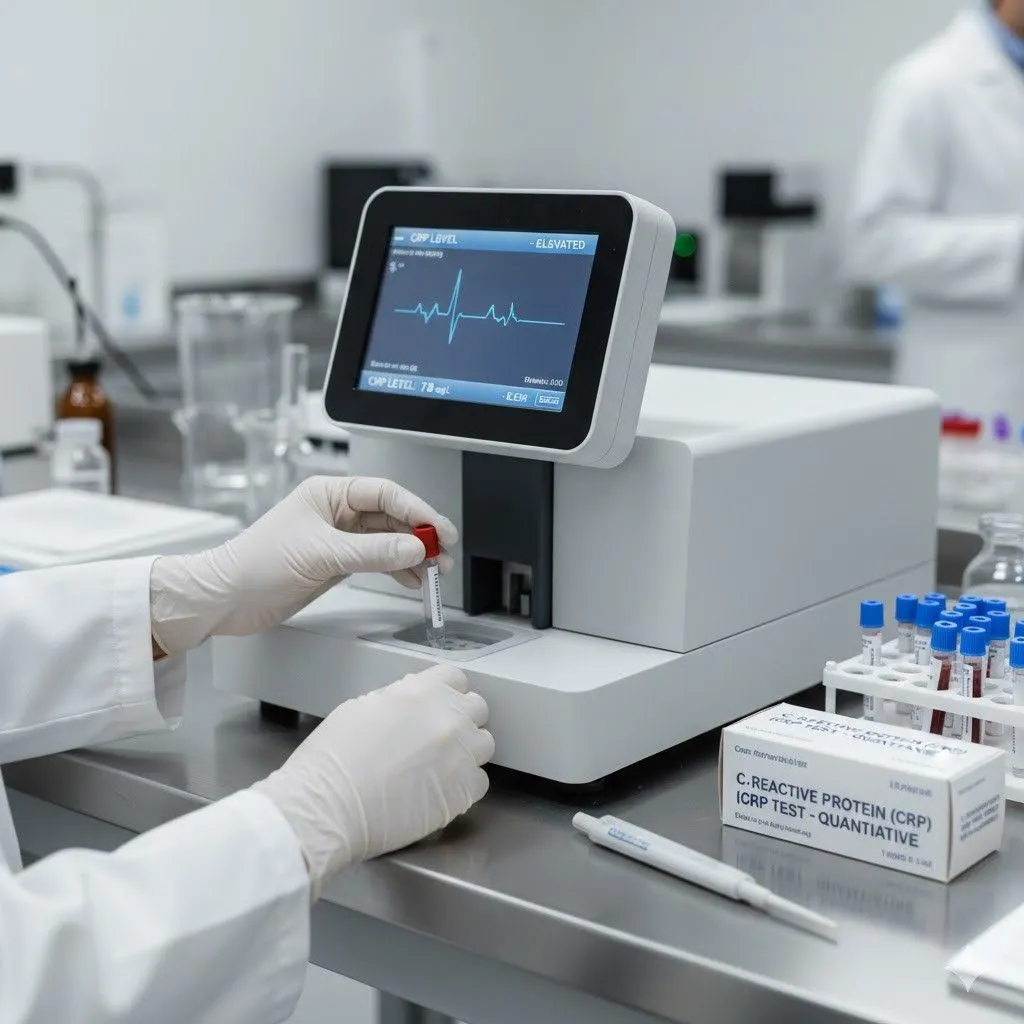Chikungunya has been quite commonly spread infection in the last few years with about 40,000 cases reported in India alone. People affected by Chikungunya, often, have symptoms like joint pain, rashes and/or fever. There is no exact cure or vaccinations for the disease but with proper medication, one can get relieffor the symptoms. Before we delve into the chikungunya diagnosis, let us first understand the symptoms of Chikungunya.
Symptoms of Chikungunya
When a person contracts the virus, the disease manifests itself only after 3-5 days after the mosquito bite. Most commonly, the symptoms of Chikungunya are as follows:- High fever
- Joint pain
- Headaches
- Rashes
- Swelling of the joints
- Muscle pains
Chikungunya Diagnosis
If a person is suffering from high fever (103°F and above) for more than five days, has rashes and body pains, he should consult a doctor immediately. If the doctor suspects Chikungunya, he will advise blood test to the patient. There are two kinds of tests to affirm the presence of Chikungunya virus in a person, namely:- RT-PCR was otherwise known as 'reverse transcriptase polymerase chain reaction' where the tests are used to replicate specific genes of Chikungunya by using virus-specific gene coding proteins.
- ELISA or the enzyme-linked immunoassay test.
Treatment of Chikungunya
There is no known cure or vaccine for the Chikungunya virus. The faster is the Chikungunya Diagnosis, the faster is the process of the doctors prescribing medicines that will help in relieving the symptoms. The fever usually goes off after a week but the joint pain persists in most cases, in some cases for months and in some cases, for over a year. Upon detection, the doctor may prescribe either of the below-listed medicines to relieve fever, joint pain and rash. These medicines are available over the counter.- naproxen
- ibuprofen
- acetaminophen
How long does it take to recover from Chikungunya?
In usual cases, people suffering from Chikungunya recover as soon as the fever subsides but in certain cases, patients suffer from Chikungunya Arthritis and it takes anything between three months to one year for them to recover properly. Furthermore, it also depends upon the dietary habits and lifestyle of the person infected.Prevention is better than Cure
In the case of Chikungunya, there is actually no cure. Thus, prevention is the best way. Avoid going to places that are already infected by the Chikungunya virus and minimize the contact with mosquitoes as they are the prime source of the infection transmission. You could use:- Mosquito repellents
- Picaridin sprays on clothes and skin
- Protective clothing that covers up the arms and legs
- Air-conditioning, since they prevent mosquitoes from entering a room

Reviewed by







